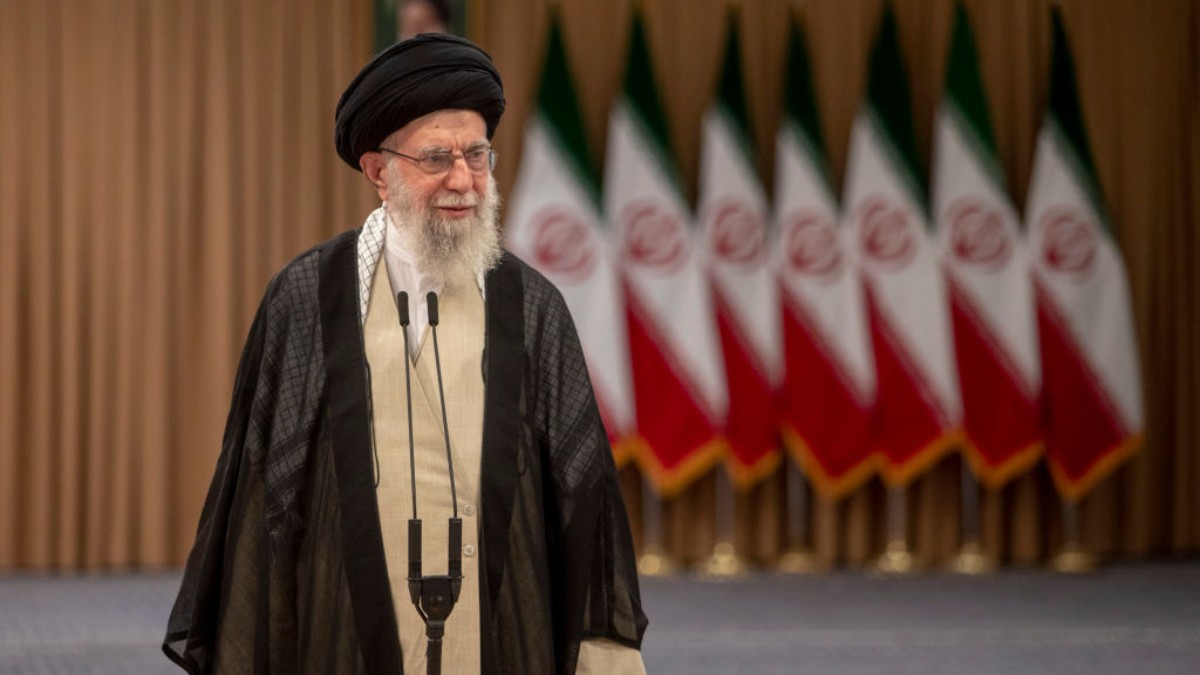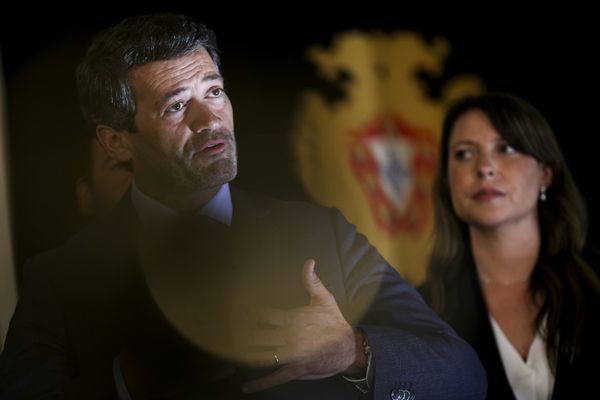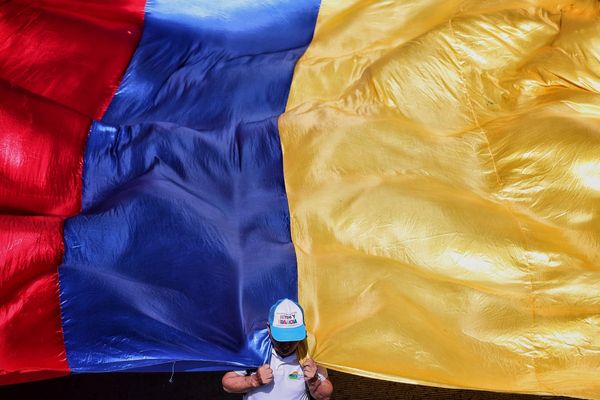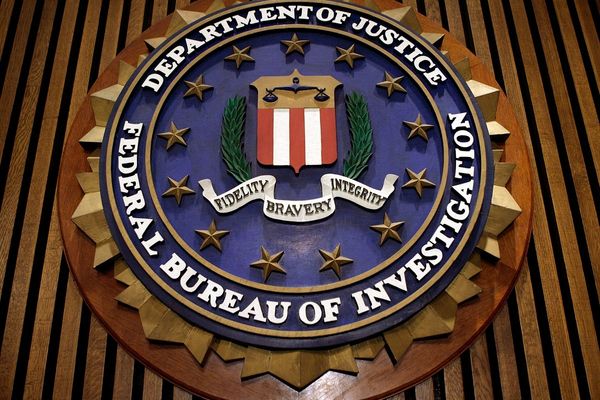
Iran has signaled openness to compromise with the United States on its nuclear program, while maintaining that uranium enrichment remains a non-negotiable aspect of any potential agreement. The statement comes as both nations continue diplomatic efforts to resolve tensions surrounding Iran’s nuclear capabilities.
Iran’s Foreign Ministry spokesperson Esmail Baghaei told CNN that Tehran is willing to provide assurances about the non-military nature of its nuclear program. “If the intention is to make sure that Iran’s nuclear program would not be weaponized, I think that’s something that we could simply do,” Baghaei said during an interview in Tehran on Monday.
Despite optimistic signals from negotiators, Iran’s Supreme Leader Ayatollah Ali Khamenei publicly expressed skepticism about the prospects of a deal. In a message posted on his official website last week, he addressed U.S. negotiators, telling them to “Try not to talk nonsense,” highlighting the complex nature of the ongoing negotiations.
Iran and US find common ground despite enrichment concerns
The fifth round of negotiations in Rome has shown signs of progress, with President Donald Trump expressing hope for positive developments. Following the talks, Trump told reporters in New Jersey that good news might be forthcoming on the Iran front, citing productive discussions over the previous two days.
BREAKING:
— Megatron (@Megatron_ron) May 20, 2025Iranian Supreme Leader Ali Khamenei announced that the nuclear negotiations between Iran and the United States are about to collapse.
"We have indirect negotiations now, which I do not think will come to any conclusion"
"Try not to talk nonsense. It is a… pic.twitter.com/iRYi9JPd01
Iranian Foreign Minister Abbas Araghchi described the recent negotiations as “one of the most professional rounds” to date, while acknowledging that key issues remain “too complicated to be resolved in two or three meetings.” The talks continue despite concerns raised by Rafael Grossi, head of the IAEA, about Iran’s growing stockpile of enriched uranium, which has increased by half in just three months.
The negotiating positions of both sides reveal significant challenges ahead. While the Trump administration has demanded a complete end to uranium enrichment, Iran maintains this is non-negotiable. However, Baghaei suggested that U.S. negotiators’ approach during talks indicates a potential softening of this stance, noting that continued discussions demonstrate some understanding of Iran’s position on peaceful nuclear energy.
The diplomatic efforts are taking place against a backdrop of regional tensions, with U.S. intelligence indicating that Israel may be preparing to strike Iranian nuclear facilities. In response, Baghaei emphasized Iran’s unity in the face of such threats, stating that “Iranians would not be conducive to any sort of pressure” and affirming their commitment to defending national security. Despite these challenges, Iran’s Foreign Ministry spokesperson remained optimistic about the possibility of reaching a “win-win” agreement, suggesting there are “so many ways” to achieve a compromise while protecting Iran’s right to peaceful nuclear energy.








